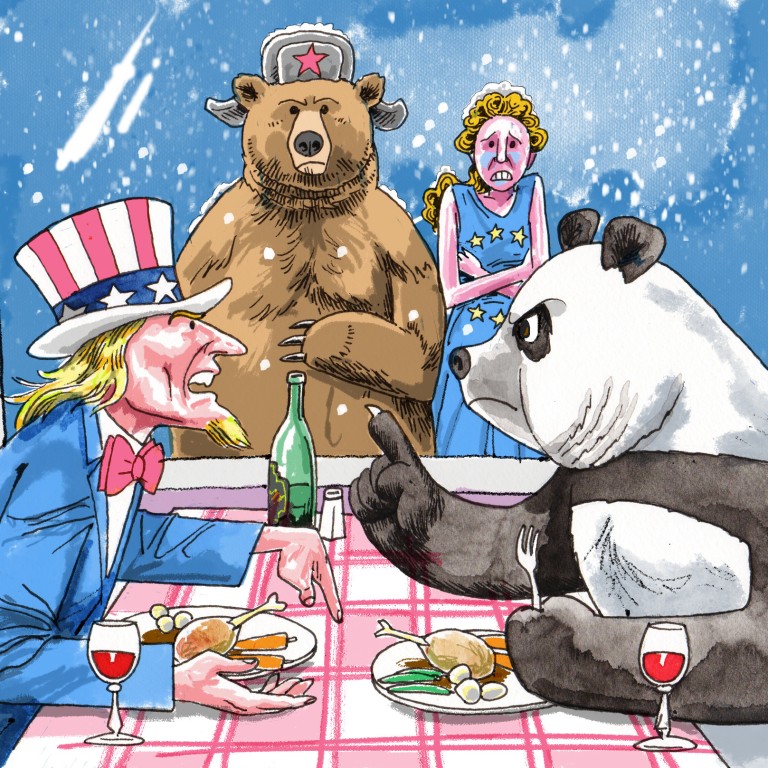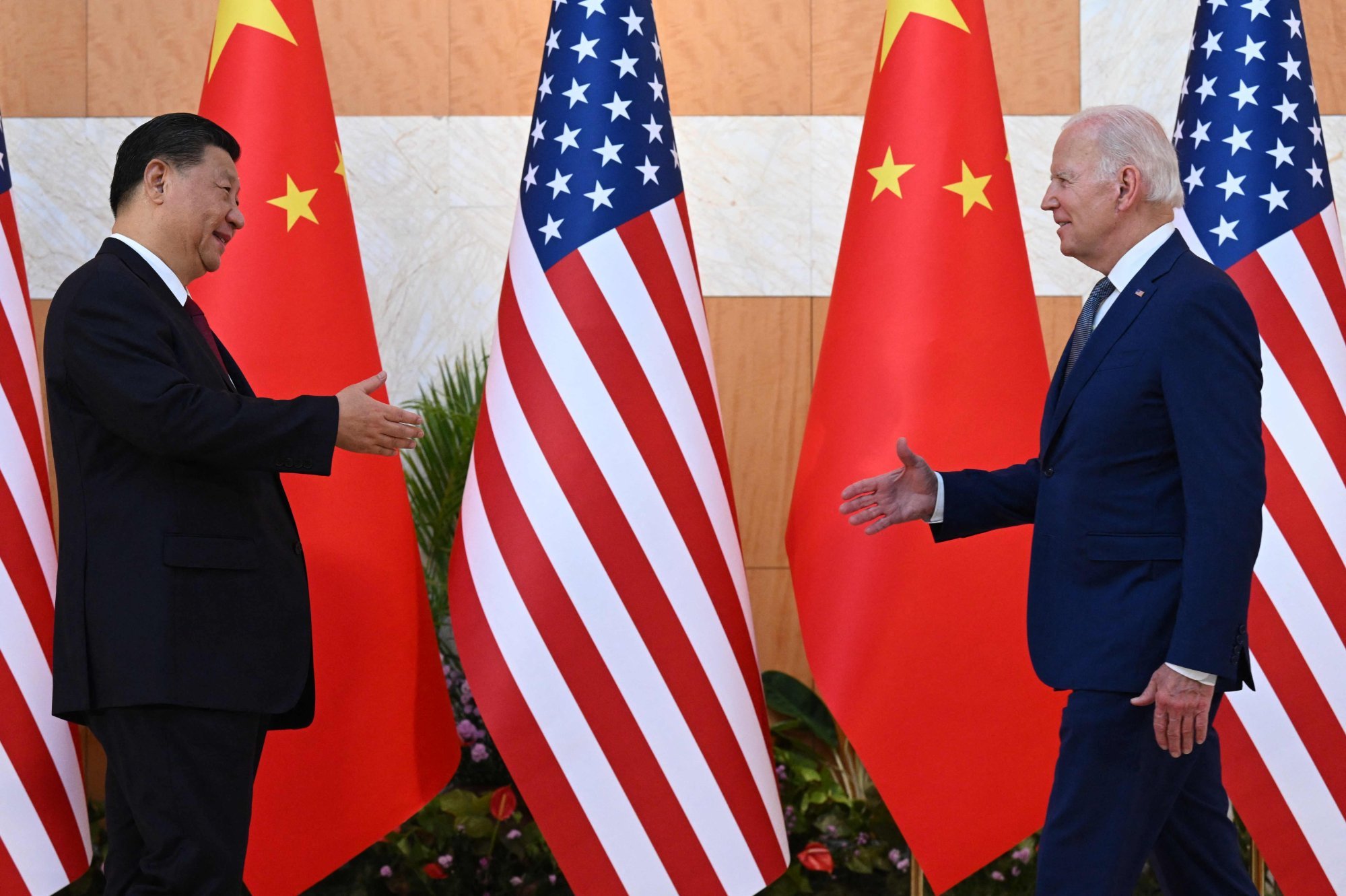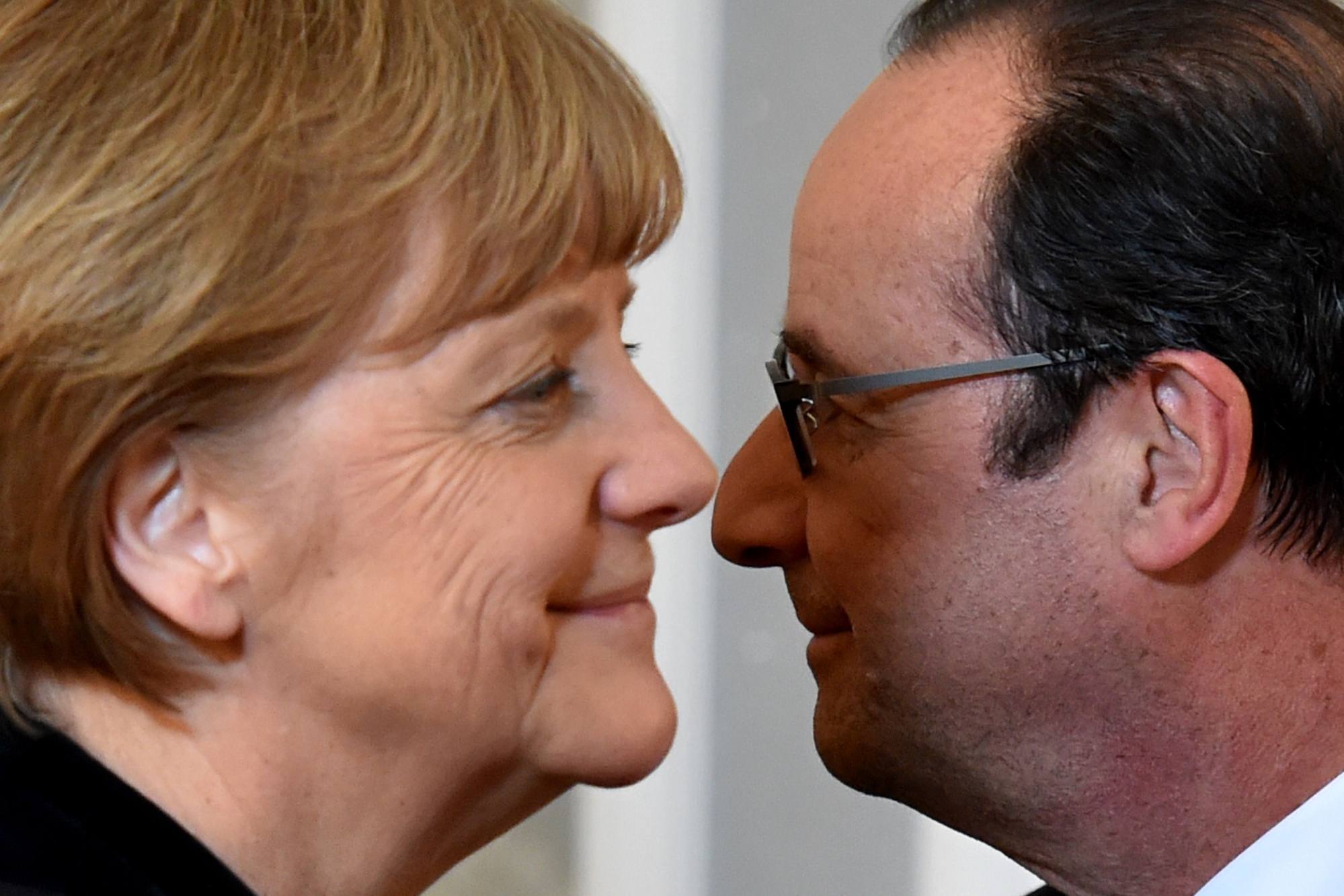
As US and China slug it out, will Europe and Russia be left out in the cold?
- The recent easing of Sino-US tensions may help Washington consolidate its grip on allies as it seeks to carve out a bipolar world order
- But, unlike in the Cold War, lesser powers in Europe and Russia are determined to remain at the table, not on the menu
“All of that suggests to me that the last thing the Chinese need right now is an openly hostile relationship with the United States,” Campbell said. “They want a degree of predictability and stability, and we seek that as well.”
In quoting Campbell, it’s possible to see just how universal America’s power and influence is in setting the pace of global geopolitics: following its stern foreign policy postulations, it adopts a conciliatory tone and the world is expected to follow suit, including its nominated chief adversary.
Following that was Washington’s willingness in Bali last month to effect a respite in tensions with Beijing. This was welcomed, naturally, as China has all along maintained that Sino-US relations should not be defined by competition.

The US may well be attempting to do the same with regard to China: looking to achieve some sort of moratorium of tensions with the deemed chief adversary to consolidate its grip on the lesser powers on its side.
Second, Russia today is not what China was back then; the former morphed into an “immediate and sharp threat” for America on February 24 when President Vladimir Putin declared that he had been forced to send Russian troops into Ukraine in his “special operation”.
Hence the frustration of Europe, or at least the older part of the European Union, whose economic prosperity has, for the post-Cold-War years, owed much to cheap and reliable energy from Russia, and whose aspiration for a unified Europe “from Atlantic to the Urals” has never died.
Recently, however, in a dramatic development, Angela Merkel, Scholz’s predecessor, claimed in a media interview that the 2015 Minsk agreement – which sought to end the war in Donbas – was an attempt to “give Ukraine time”, instead of genuinely seeking a peaceful solution to the dispute between Moscow and Kyiv.

In response to Merkel’s revelation, Putin made his disbelief and disappointment known publicly, and took it as evidence that Russia was right to launch military action against Ukraine in the face of a treacherous America and its allies.
To me, this looks almost like collaboration between the iconic former leader of Germany and the Russian strongman, as they might see Ukraine as the last opportunity for Europeans to avoid being marginalised by the Sino-US rivalry and to recover their geopolitical independence on the world stage.
Thus viewed, the joint message they have sent out would seem thinly veiled: as Washington and Beijing slug it out, Europe and Russia are determined to remain at the table, not on the menu, despite the suffering being endured.
That message is unlikely to go unheeded in Beijing.
Terry Su is president of Lulu Derivation Data Ltd, a Hong Kong-based online publishing house and think tank specialising in geopolitics


